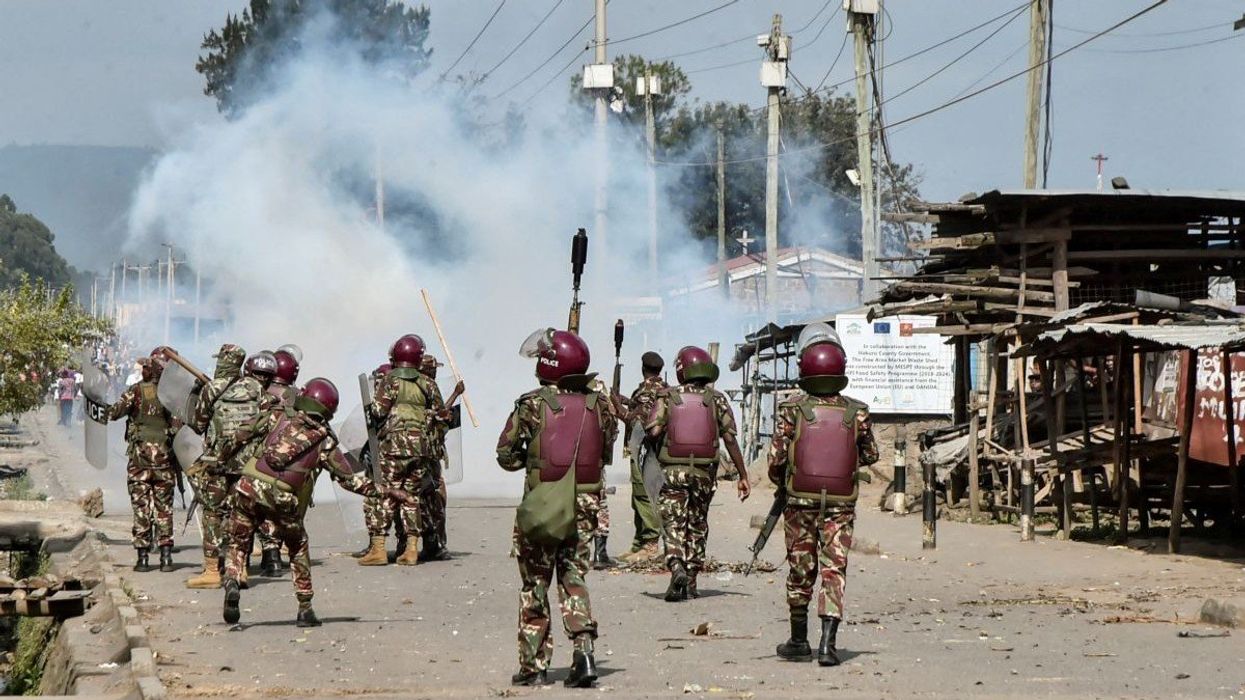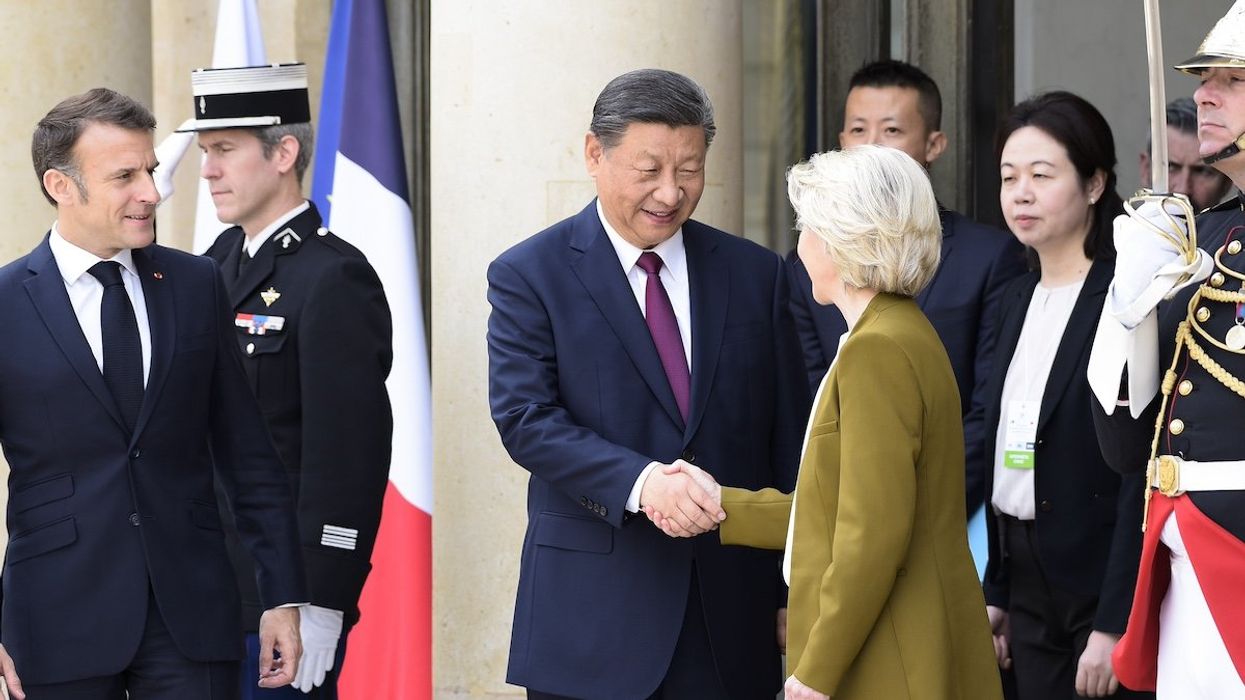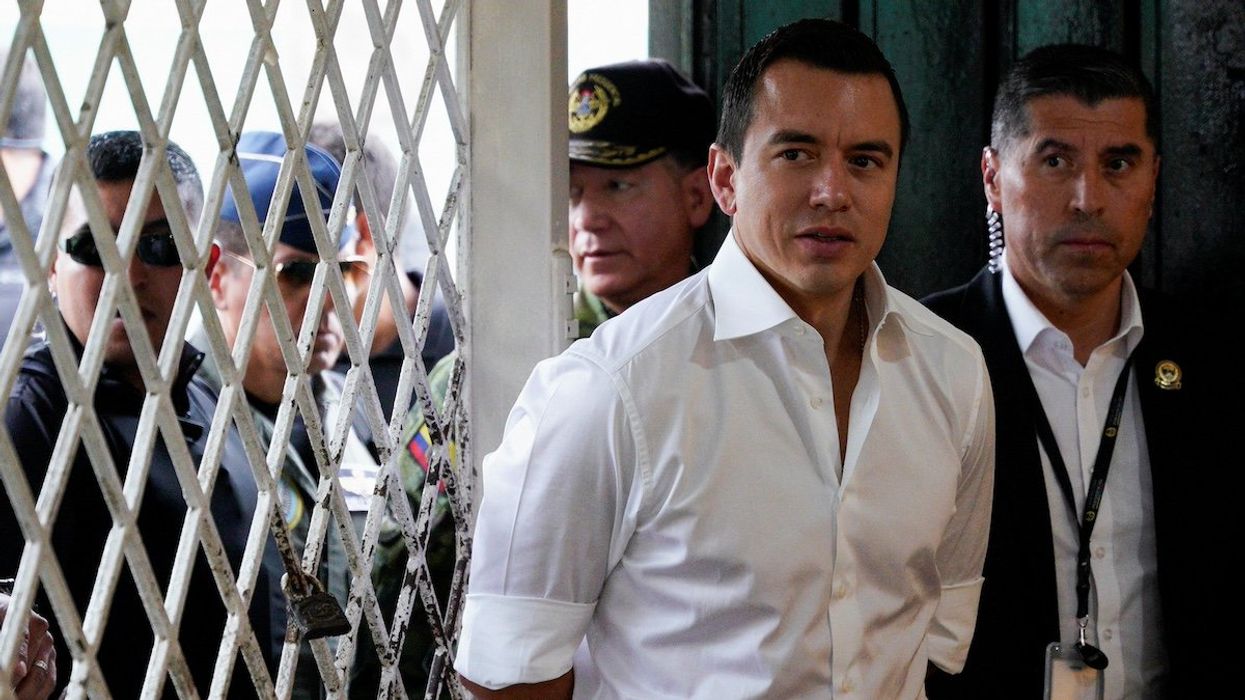What We're Watching
What We’re Watching: Kenya’s president cracks down further, UK and France open an atomic umbrella, Trump meddles in Brazil
Kenya’s president orders police to shoot at protesters, European nuclear powers expand umbrella, and US President Donald Trump goes after Brazil.
Jul 10, 2025



